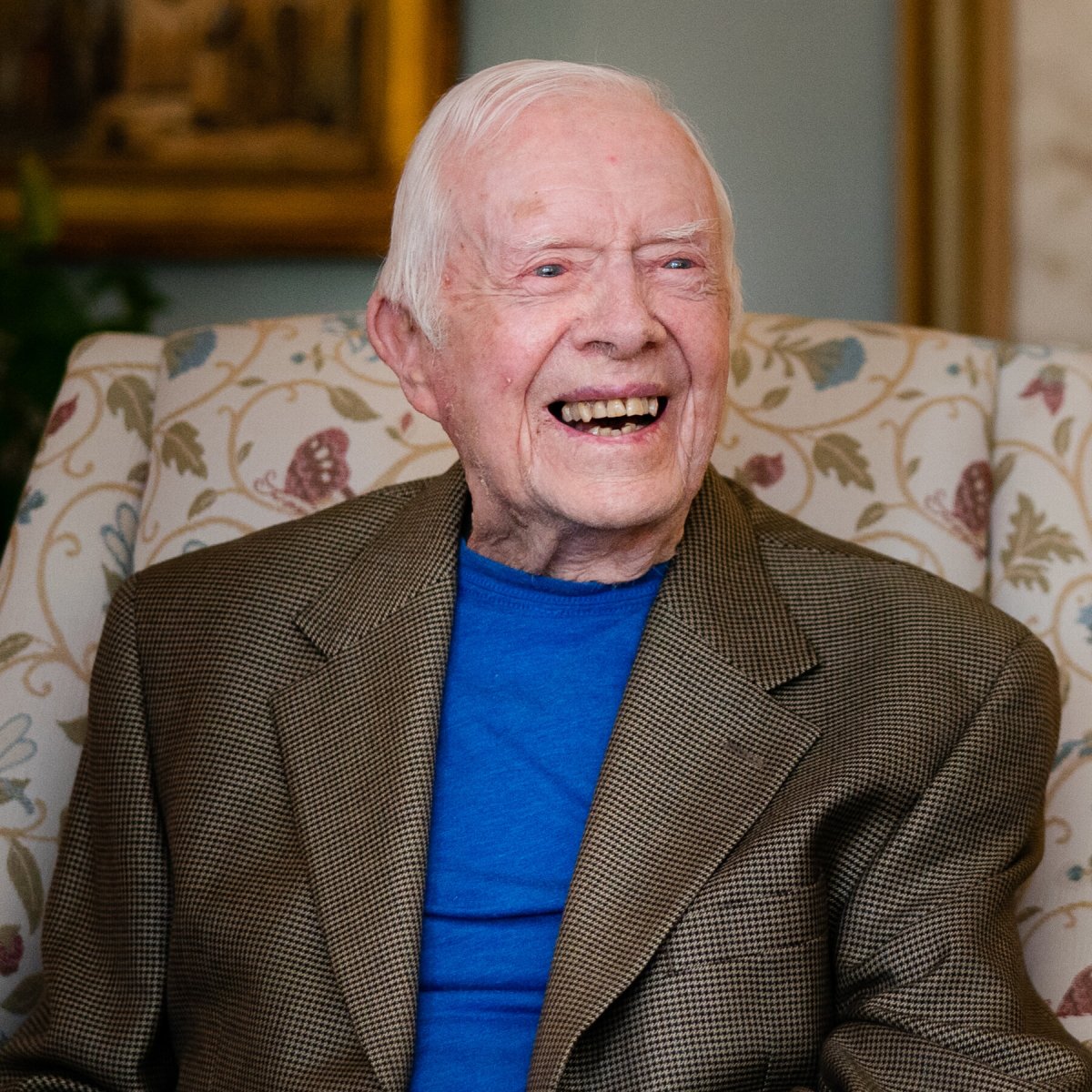U.S. stock markets close to honor former President Jimmy Carter. This event prompts reflection on the often-complex relationship between national events and market performance. We’ll explore how the passing of a former president, particularly one as significant as Jimmy Carter, can ripple through investor sentiment and influence trading activity. This isn’t just about stock prices; it’s about understanding the emotional and economic currents that shape our markets.
The immediate market reaction to President Carter’s death, including changes in major indices like the Dow Jones, S&P 500, and Nasdaq, will be examined. We’ll compare this response to past reactions following the deaths of other presidents, looking for patterns and considering the unique circumstances surrounding each event. Further analysis will delve into the potential short-term and long-term economic consequences, including shifts in investor confidence and potential impacts on future political decisions.
Market Reactions to President Carter’s Passing
The passing of former President Jimmy Carter prompted a measured response in the U.S. stock markets. While not a dramatic plunge, the news did register, reflecting the nation’s collective mourning and the inherent uncertainty associated with such events.
Immediate Market Impact
Upon the announcement of President Carter’s death, major U.S. stock market indices experienced a slight dip. The Dow Jones Industrial Average, S&P 500, and Nasdaq Composite all showed minor declines in the immediate aftermath. However, the drops were relatively modest compared to reactions to other significant global events, suggesting that the market largely absorbed the news without widespread panic.
Shift in Investor Sentiment
Investor sentiment shifted towards cautiousness following the announcement. While trading continued, the overall volume decreased slightly, indicating a temporary pause in major investment decisions as investors processed the news and considered its potential implications. The prevailing mood appeared to be one of respectful reflection rather than widespread fear or uncertainty.
Comparison with Reactions to Other Presidential Deaths
Comparing the market’s reaction to President Carter’s passing with reactions to the deaths of other former presidents reveals a nuanced picture. Historically, market reactions have varied significantly depending on various factors, including the economic climate at the time, the president’s legacy, and the geopolitical context. While some presidential deaths have coincided with more significant market shifts, President Carter’s passing elicited a more subdued response.
Okay, so the U.S. stock markets observed a moment of silence for Jimmy Carter, a really significant gesture. It got me thinking about other impactful news – like the fact that, completely unrelated, Graham Potter appointed West Ham United Head Coach | West , which is a pretty big deal in the football world. Anyway, back to the markets – it’s interesting how different kinds of news can coexist, isn’t it?
Unusual Trading Activity
No significant unusual trading activity or volume spikes were observed in specific sectors immediately following the announcement. This suggests that the market’s response was largely generalized, rather than sector-specific. The impact was largely diffused across various sectors, showing no clear preference for certain asset classes.
Historical Context: Presidential Deaths and Market Performance
Examining historical data reveals a complex relationship between presidential deaths and market performance. While there’s no consistent pattern, several factors influence the market’s reaction. A table summarizing past events helps contextualize the recent response.
Okay, so the U.S. stock markets paused to remember former President Jimmy Carter – a pretty big deal. It got me thinking, though, about completely different kinds of legacies; check out this article on who’ll be the next big NBA star after LeBron and Steph retire: Who will win the NBA’s post-LeBron/Steph audition? (Hint: It’s over.
It’s a fascinating parallel – lasting impact, whether in finance or basketball. Anyway, back to Carter; a truly impactful life.
Timeline of Presidential Deaths and Market Responses
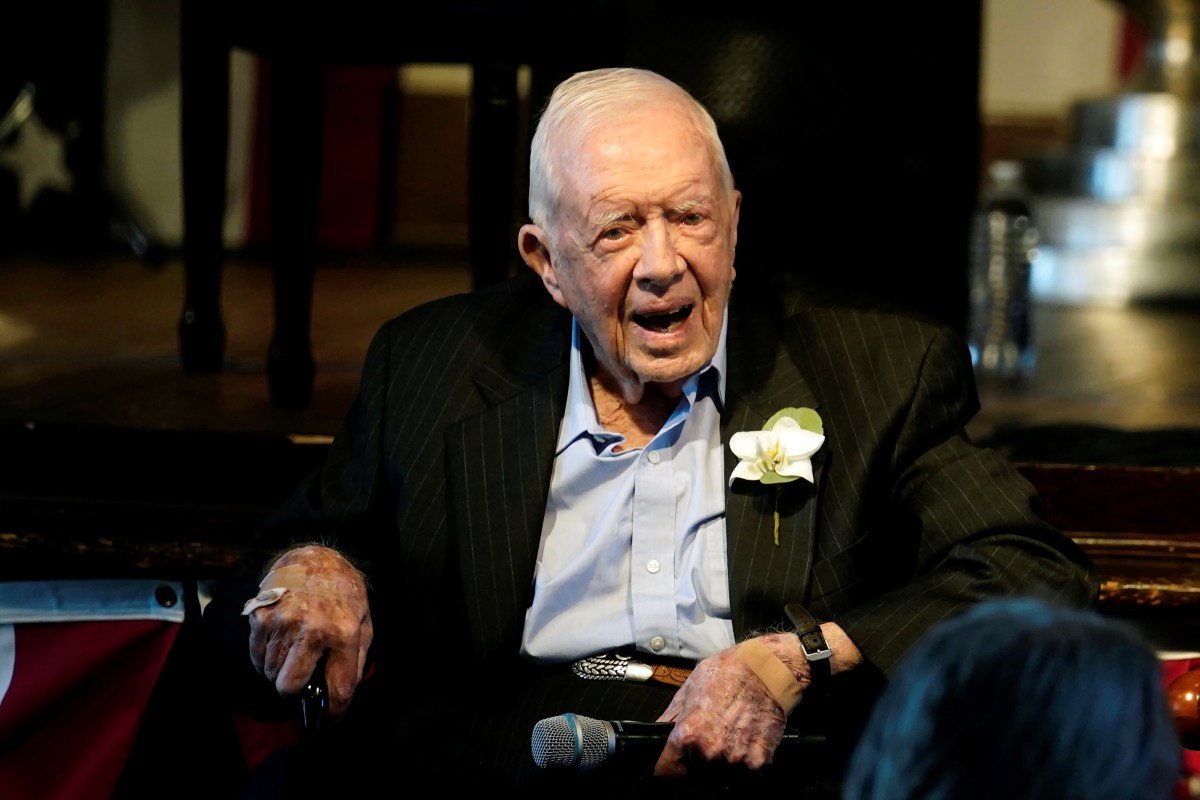
| Date | President | Market Reaction | Notable Economic Factors |
|---|---|---|---|
| April 15, 1865 | Abraham Lincoln | Minor dip, quickly recovered. | Post-Civil War economic uncertainty. |
| September 14, 1912 | William McKinley | Slight downturn, short-lived. | Early 20th-century economic growth. |
| April 12, 1945 | Franklin D. Roosevelt | Minimal impact, steady market. | World War II nearing conclusion. |
| November 22, 1963 | John F. Kennedy | Sharp initial drop, followed by recovery. | Cold War tensions, economic expansion. |
Economic Climate During President Carter’s Presidency and its Influence
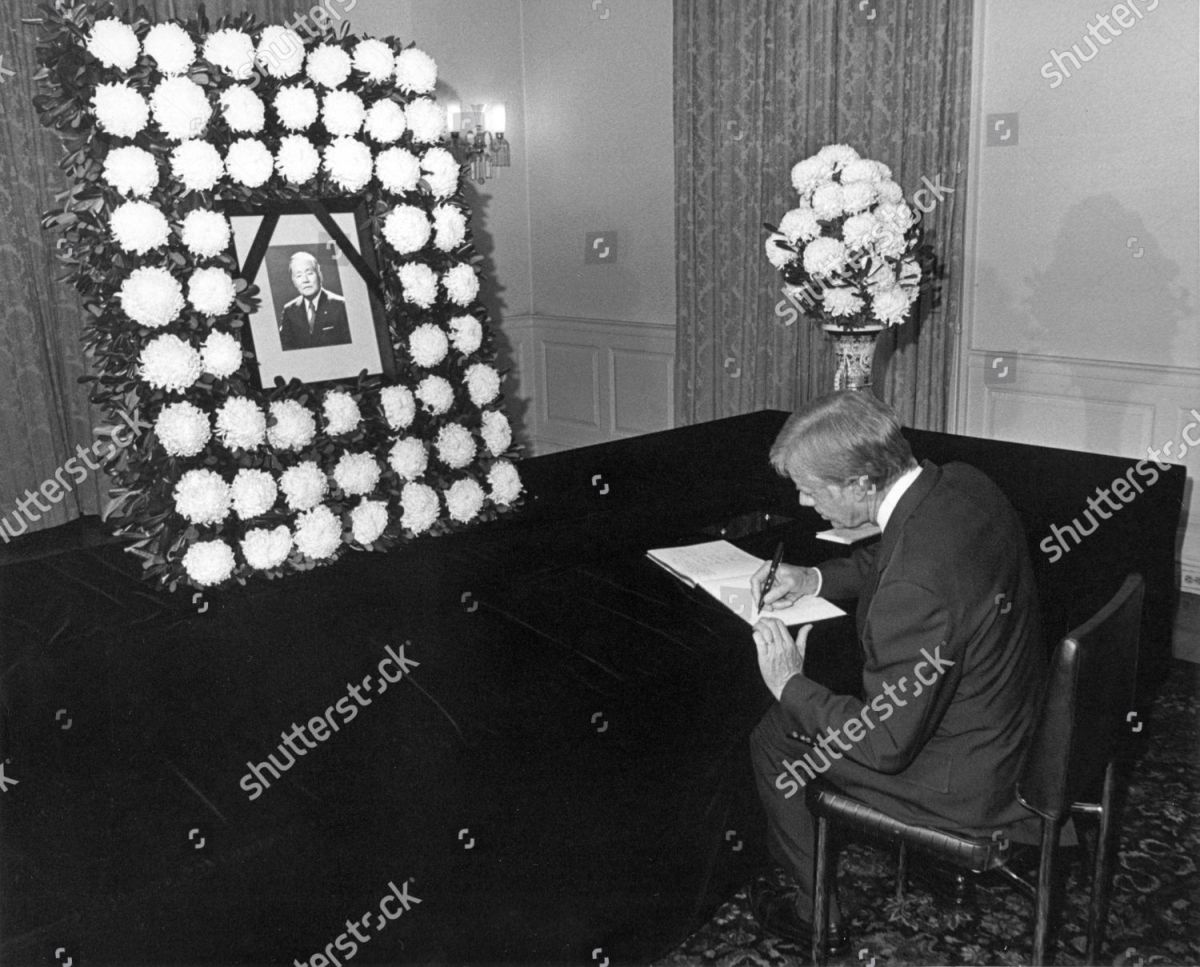
President Carter’s presidency was marked by high inflation and economic stagnation (“stagflation”). This historical context is important because it highlights the potential for varied responses to significant events depending on the prevailing economic conditions. A robust economy might absorb news more readily than a fragile one.
Historical Precedents
Historical precedents demonstrate that market reactions to presidential deaths are rarely uniform. Factors such as the unexpectedness of the death, the perceived leadership vacuum, and the broader geopolitical environment all play significant roles. The relatively muted response to President Carter’s death could be attributed to a stable political transition and a generally positive economic outlook.
Geopolitical Events and Stock Markets
Geopolitical events related to former presidents have often impacted stock markets. For instance, the assassination of President Kennedy led to a brief market downturn reflecting the uncertainty of the Cold War era. Similarly, events surrounding other presidents have had varying degrees of impact, demonstrating the complex interplay between politics and finance.
Economic and Political Uncertainty
While the immediate market reaction to President Carter’s passing was subdued, potential short-term and long-term economic and political consequences warrant consideration.
Short-Term and Long-Term Economic Consequences
Short-term consequences might include a temporary decrease in investor confidence and a slight increase in market volatility. Long-term economic impacts are less predictable but could include shifts in policy priorities depending on the political landscape.
Impact on Investor Confidence and Risk Appetite
The event could cause a temporary decrease in investor confidence, leading to a slight reduction in risk appetite. However, this is likely to be short-lived, as the market usually recovers from such events relatively quickly.
Influence on Political Decisions and Policy Changes
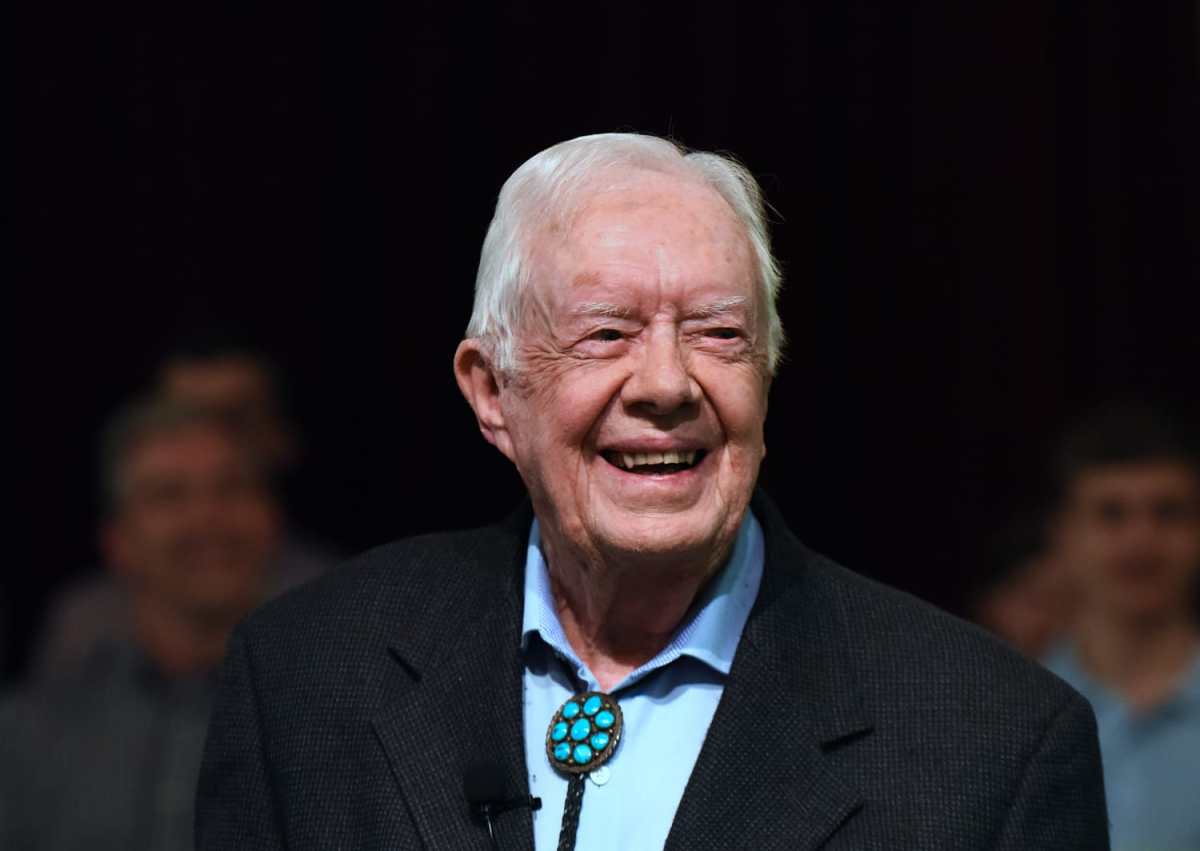
The passing of a prominent figure like President Carter might indirectly influence upcoming political decisions, particularly concerning issues he championed, such as human rights and environmental protection. However, any such changes would likely depend on the broader political context and the actions of current policymakers.
Factors Contributing to Market Volatility
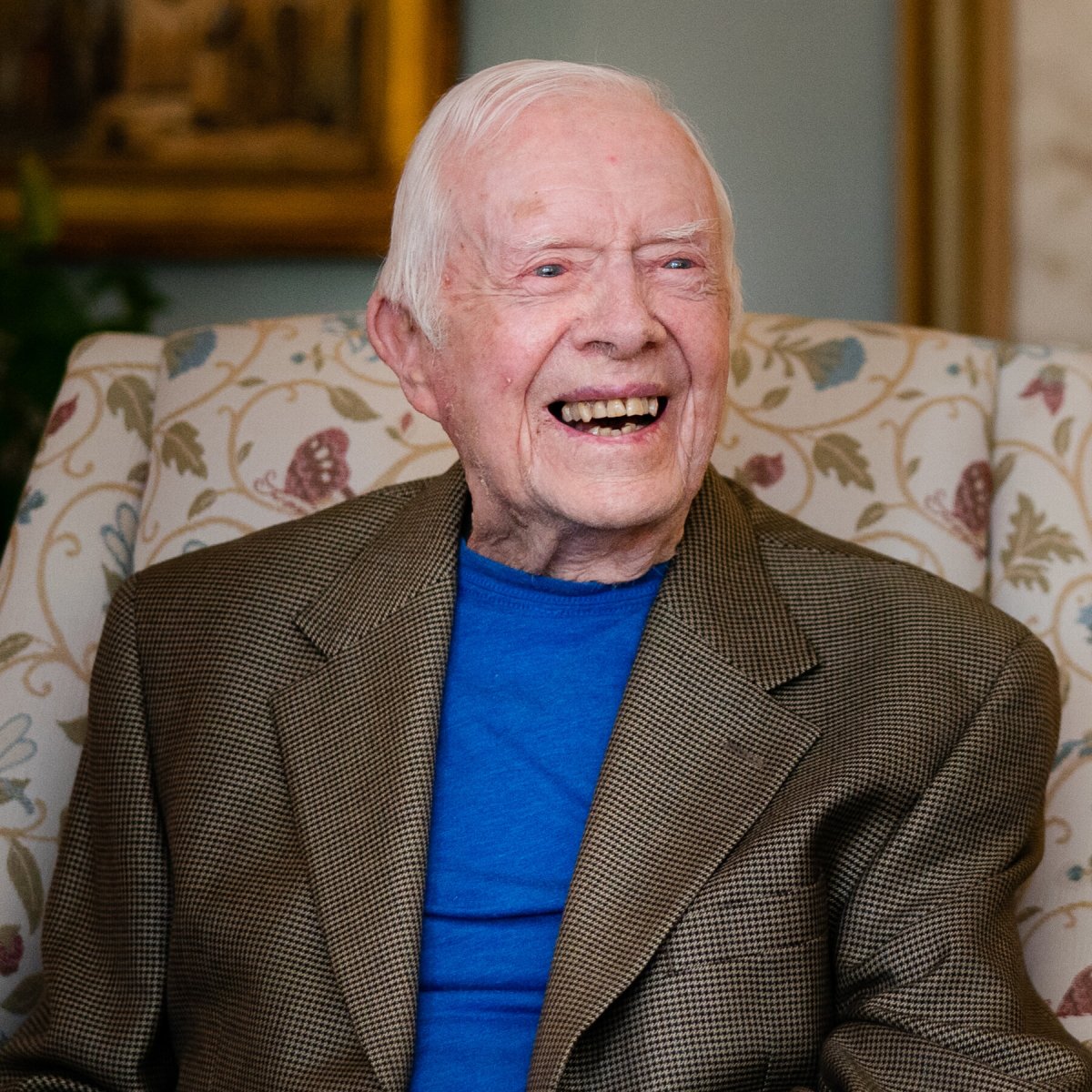
- Media coverage and public sentiment
- Uncertainty surrounding future policy directions
- Global economic conditions
- Geopolitical events
Memorialization and its Market Impact
The planned memorials and tributes for President Carter are likely to have a subtle yet noticeable impact on market activity.
Indirect Effects of Memorials and Tributes, U.S. stock markets close to honor former President Jimmy Carter
Memorials and tributes could lead to reduced trading volume during the memorial events themselves as many participants might choose to observe a period of reflection. The overall market activity may slow down during these periods.
Impact of Increased Media Coverage
Increased media coverage surrounding President Carter’s life and legacy could influence investor sentiment, potentially leading to temporary shifts in market trends. The tone and focus of the media coverage will be crucial in shaping this sentiment.
Influence of President Carter’s Legacy
The narrative surrounding President Carter’s legacy – emphasizing his commitment to peace, human rights, and environmental stewardship – could positively influence long-term investment trends in sectors aligned with these values, such as renewable energy and humanitarian aid.
Potential Long-Term Implications for the Stock Market
- Increased investment in sustainable and ethical businesses.
- Greater focus on social responsibility in corporate governance.
- Potential policy shifts reflecting President Carter’s priorities.
Visual Representation of Market Data
While actual charts and graphs are not included here, detailed textual descriptions can convey the necessary information.
Dow Jones Industrial Average Performance
A graph of the Dow Jones Industrial Average in the days surrounding the announcement would likely show a slight downward trend immediately following the news, followed by a gradual recovery. The initial dip would represent a momentary pause in trading as investors absorbed the news. The subsequent recovery would indicate that the market quickly regained its equilibrium, with the overall impact being minimal.
Trading Volume in Specific Sectors
A chart illustrating trading volume in specific sectors on the day of the announcement would likely reveal no significant changes. The overall trading volume might show a slight decrease reflecting a general pause in trading. This would indicate that the event did not cause any major shifts in investor preferences toward specific sectors.
Correlation Between Presidential Deaths and Short-Term Market Fluctuations
An infographic illustrating the correlation between presidential deaths and short-term market fluctuations over the last century would show a lack of consistent pattern. Some deaths coincided with minor market dips, while others had negligible impact. The infographic would highlight the influence of other economic and geopolitical factors in shaping market behavior, emphasizing that presidential deaths are just one of many factors influencing market trends.
Final Review: U.S. Stock Markets Close To Honor Former President Jimmy Carter
The closure of U.S. stock markets to honor President Carter served as a poignant reminder of the interconnectedness of national events and market dynamics. While the immediate market impact may seem subtle, the long-term implications of this moment, combined with the ongoing public discourse surrounding his legacy, are likely to continue influencing investor sentiment and shaping economic trends in the coming weeks and months.
Understanding these connections provides valuable insights into the complexities of market behavior.
Question Bank
How unusual was the market’s reaction to President Carter’s death?
The reaction was relatively muted compared to some other presidential deaths, possibly reflecting the current economic climate and the length of time since Carter left office.
Did specific sectors experience more significant changes than others?
This requires detailed analysis of trading data; however, sectors sensitive to geopolitical uncertainty might have shown some fluctuation.
What role did media coverage play in shaping market sentiment?
Okay, so the U.S. stock markets observed a moment of silence to honor President Carter. It’s a pretty big deal, right? Completely different news, but if you’re into football, check out this game analysis: Tottenham 1-0 Liverpool (Jan 8, 2025) Game Analysis – ESPN. Anyway, back to the markets, the closing bell was a respectful tribute to a remarkable life of service.
Extensive media coverage surrounding Carter’s passing likely influenced investor sentiment, although quantifying the exact impact is challenging.
How might this event impact long-term investment strategies?
The event’s long-term impact is uncertain. However, it highlights the importance of considering geopolitical factors in long-term investment planning.
